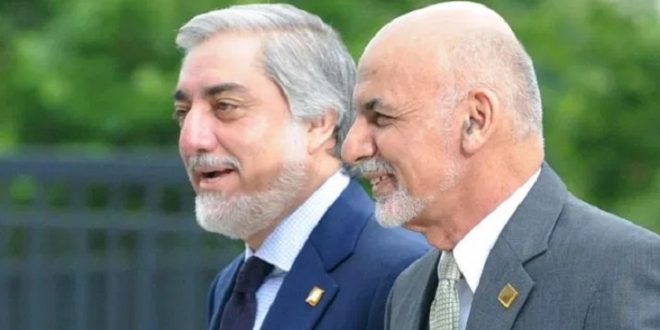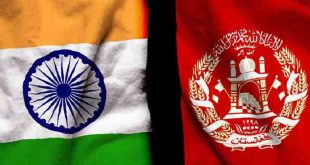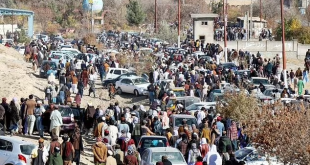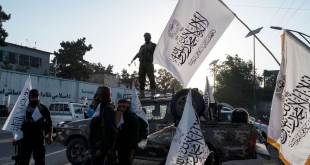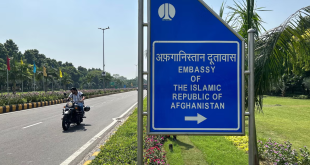AT News
KABUL: President Ashraf Ghani and his electoral rival Abdullah Abdullah signed a political agreement in May, apparently ending a political crisis. The deal obliges the two to share the cabinet, provincial governor posts and other power parts.
But Ghani and Abdullah have still deep differences even as the political deal.
The high council for reconciliation given to Abdullah is in uncertainty, cabinet members have not been introduced to parliament, there are problems over appointing of provincial governors, the state ministry for peace is yet to be integrated with the reconciliation council and Abdullah’s three deputies are not identified.
The problems remain even as both Ghani and Abdullah deny differences.
The members of parliament are to leave for their 45-day long summer vacations and this will further delay the cabinet formation. The government assures it would introduce cabinet members soon, with President Ghani already appointing his ministers and provincial governors. Ghani’s spokesmen blame Abdullah for being late in introducing his people for the cabinet. But the main reason is that Ghani and Abdullah are yet to resolve their inner problems.
Ghani and Abdullah had earlier divided the power among their electoral supporters with the aim of attracting more votes.
The political deal revoked all power shares and the two group faced problems.
There are powerful jihadi and tribal figures in Abdullah’s group who claim to have played vital roles in the post-Taliban governance. They have big demands from Abdullah and have long lists of supporters to be included in the government.
Political players think that their rights were wasted in the power sharing.
Therefore, Ghani’s share has decreased and increased Abdullah’s share. Ghani’s deputies Sarwar Danesh and Abdullah Abdullah think that they are the most victims of the deal.
 Afghanistan Times
Afghanistan Times
